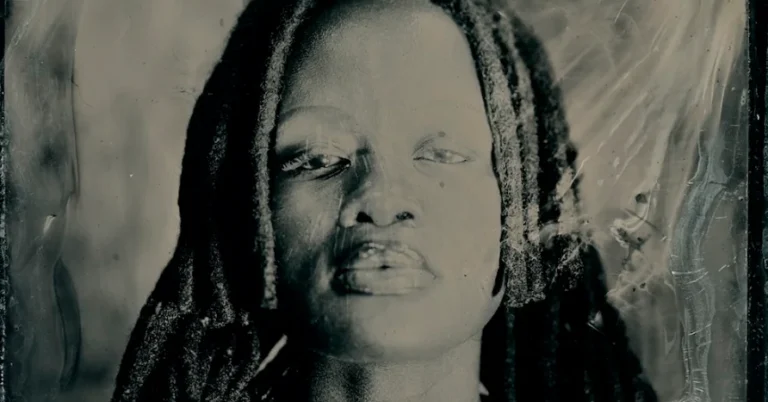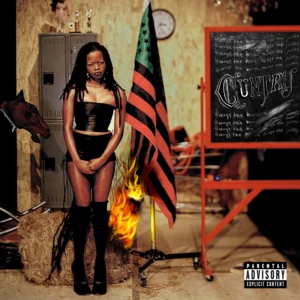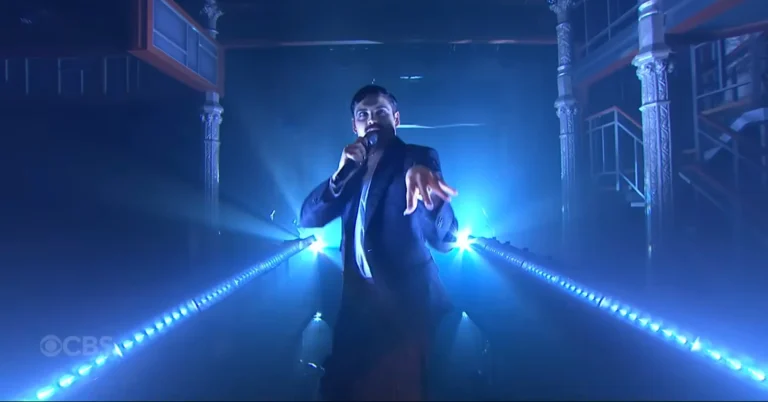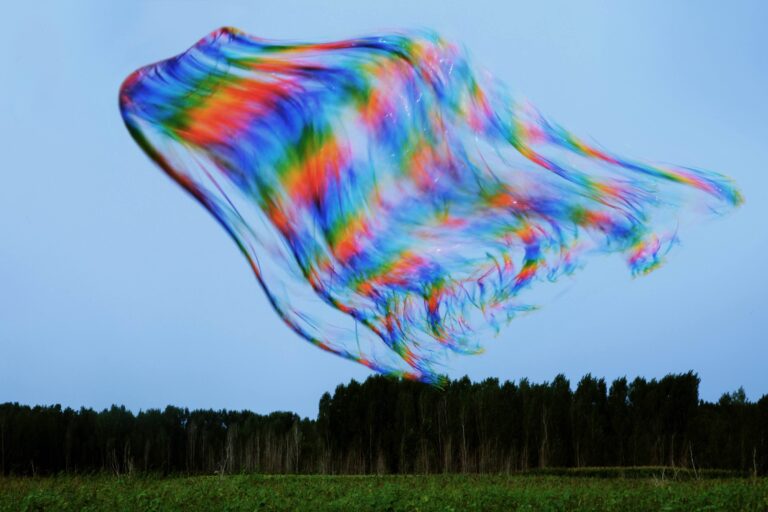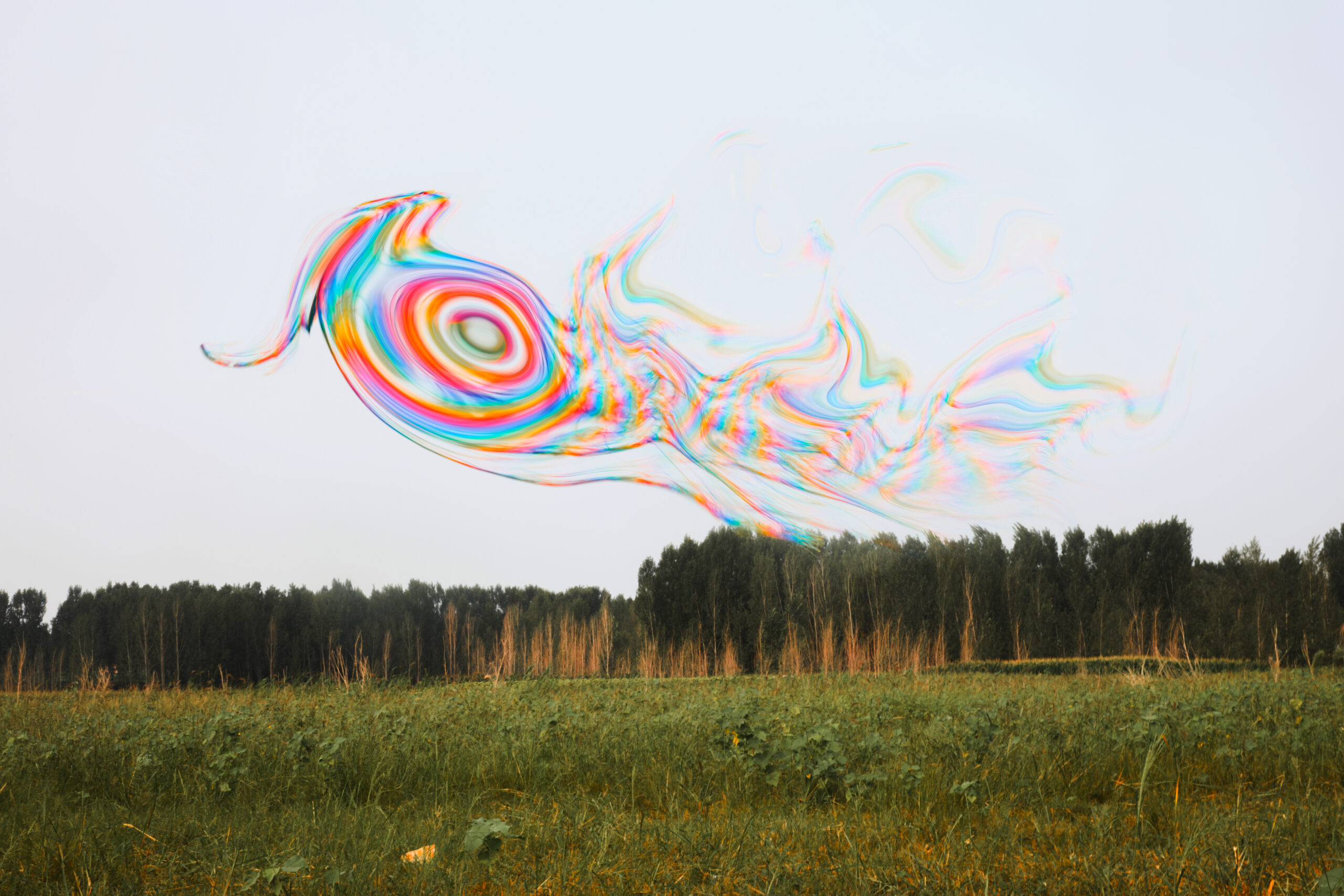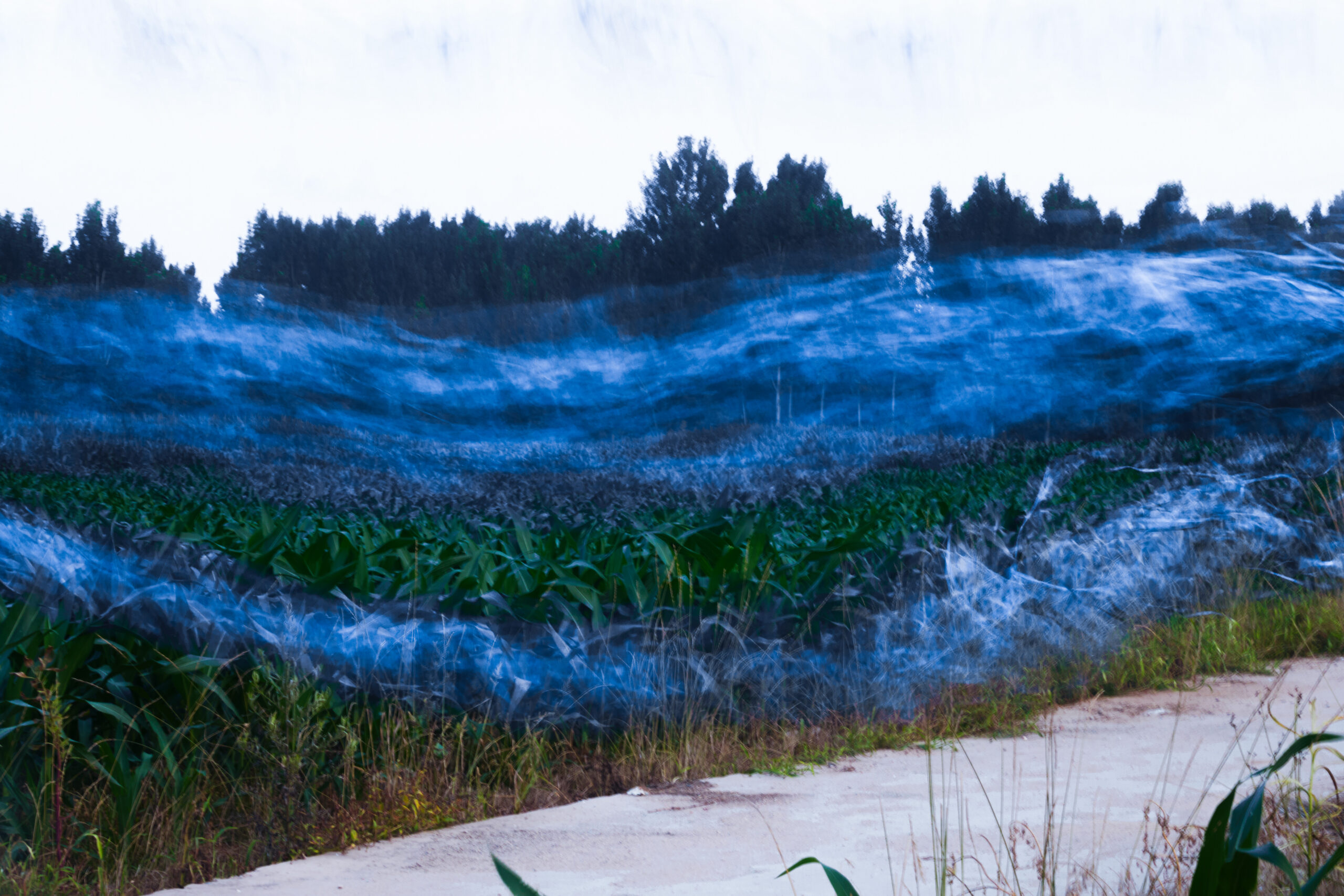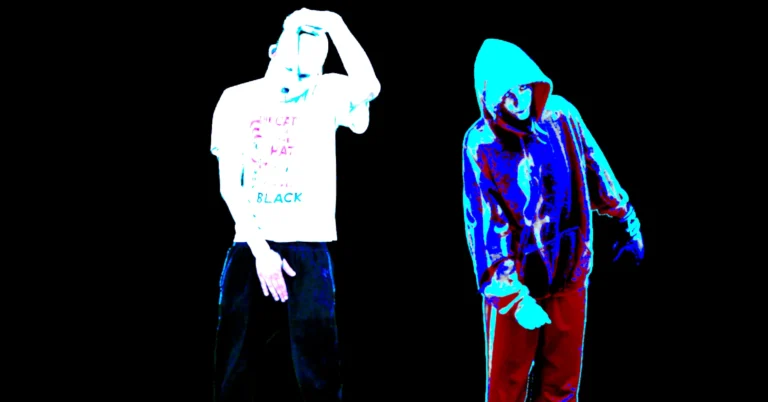Converting YouTube videos to OGG format has never been easier. With a YouTube to OGG converter, you can enjoy your favorite videos offline or on devices that support OGG.
This conversion process is straightforward and offers numerous benefits, including the ability to watch videos without an internet connection and compatibility with various media players.
Using a YouTube converter OGG tool, you can easily convert and download videos in a format that suits your needs.
Key Takeaways
- Easily convert YouTube videos to OGG
- Enjoy your favorite videos offline.
- Compatible with various media players.
- Straightforward conversion process.
- Download videos in a suitable format.
What is OGG and Why Use It?
The OGG format has gained popularity due to its open-source nature and versatility. In this section, we will explore what OGG is and why it’s a preferred format for many users.
Overview of OGG Format
OGG is an open-source audio format maintained by the Xiph.Org Foundation. It is designed to be highly efficient and flexible, making it suitable for various applications, from streaming audio to storing high-quality music files. One of the key features of OGG is its ability to support various codecs, including Vorbis, known for its high-quality audio compression.
When converting YouTube videos to OGG using the best YouTube to OGG converter, users can enjoy high-quality audio that is compatible with multiple devices.
Benefits of Using OGG
Using OGG offers several benefits. Its open-source nature means it is free from restrictions and royalties associated with proprietary formats, making it attractive for developers and users. OGG files can be played on various devices and media players, ensuring compatibility and convenience.
The format also supports high-quality audio, making it ideal for audiophiles. With free YouTube to OGG conversion, users can access their favorite YouTube videos in a superior audio format. Moreover, utilizing an online YouTube OGG converter simplifies the conversion process, making it accessible to everyone.
How to Convert YouTube Videos to OGG
Converting YouTube videos to OGG format is a straightforward process that can be accomplished with the right tools. Whether you’re looking to enjoy your favorite videos offline or want to use them in a specific project, converting them to OGG can be a convenient solution.
Step-by-Step Conversion Process
The conversion process typically involves a few simple steps:
- Copy the YouTube video URL you wish to convert.
- Paste the URL into the chosen conversion tool.
- Select OGG as the desired output format.
- Adjust any additional settings as needed, such as quality or bitrate.
- Initiate the conversion process and wait for it to complete.
Once the conversion is finished, you’ll have your YouTube video in OGG format, ready for use. This easy Youtube to OGG conversion process makes it simple to enjoy your content in the format you prefer.
Popular Conversion Tools
There are numerous tools available for converting YouTube videos to OGG, both online and offline. Some of the most popular online tools include:
- Online-Convert.com
- Convert2MP3
- ClipConverter
For those who prefer software solutions, options like 4K Video Downloader and Freemake Video Converter are highly regarded. These tools offer the ability to convert YouTube videos to OGG files with ease.
Online vs. Software Converters
When deciding between online and software converters, several factors come into play. Online converters offer the advantage of being accessible directly from your browser, without the need for any downloads or installations. However, they may have limitations in terms of file size or conversion quality.
Software converters, on the other hand, can offer more advanced features, such as batch conversion capabilities and higher quality output. They are ideal for those who plan on converting multiple videos or require more control over the conversion process.
Ultimately, the choice between online and software converters depends on your specific needs and preferences. For a quick, one-time conversion, an online tool might suffice. For more frequent or complex conversions, a software solution could be more appropriate.
Legal Considerations for Downloading Content
The process of converting YouTube videos to OGG format raises important legal considerations that users must be aware of. While the technology to convert videos is readily available, the legality of downloading content depends on several factors, including the source of the video and the intended use.
Copyright Issues with YouTube Videos
YouTube videos are protected by copyright law, which means that downloading or distributing them without permission can infringe on the rights of the content creators. Copyright infringement can result in serious legal consequences, including fines and penalties.
To avoid copyright issues when converting YouTube videos to OGG, users should:
- Only download videos that are licensed under Creative Commons or have been explicitly made available for download.
- Be cautious when using copyrighted material, even if it’s for personal use, as this can still be considered infringement in many jurisdictions.
- Consider seeking permission from the content creator or using royalty-free content.
Fair Use Guidelines
Fair use is a doctrine in copyright law that permits limited use of copyrighted material without obtaining permission from the rights holders. However, fair use is subject to interpretation and depends on several factors, including the purpose of the use, the nature of the copyrighted work, and the effect on the market.
| Fair Use Factor |
Description |
| Purpose and Character |
Whether the use is for commercial or non-commercial purposes, and whether it is transformative. |
| Nature of the Copyrighted Work |
The type of work being used, with more creative works receiving greater protection. |
| Amount and Substantiality |
The portion of the work used in relation to the whole, and whether the part used is significant. |
| Effect on the Market |
Whether the use harms the market for the original work. |
When converting YouTube videos to OGG, understanding these fair use guidelines can help users navigate the legal complexities of copyright law.
Best YouTube to OGG Conversion Tools
With numerous options available, finding the best YouTube to OGG conversion tool can be challenging. The ideal converter should offer a balance between ease of use, conversion speed, and output quality. In this section, we’ll explore the top tools available for converting YouTube videos to OGG format, categorized into online converters, software solutions, and mobile apps.
Top Online Converters
Online converters are convenient for users who prefer not to download software. They are accessible directly through a web browser and often free to use.
- Online-Convert.com: Offers a range of conversion options, including bitrate and quality settings.
- im: A straightforward service that converts YouTube videos to various audio formats, including OGG.
- Convert2MP3: Although primarily focused on MP3 conversions, it also supports OGG output.
These online tools are great for occasional conversions and are usually free. However, they may have limitations, such as file size restrictions or the presence of ads.
Recommended Software Solutions
For those who need more advanced features or frequent conversions, software solutions are the way to go. They offer more control over the conversion process and often support batch conversions.
- 4K Video Downloader: A powerful tool that can download YouTube videos and convert them to OGG. It supports high-quality audio extraction.
- Freemake Video Converter: A versatile converter that supports a wide range of input and output formats, including OGG.
- Any Video Converter: Known for its ability to handle a variety of video and audio formats, making it a great option for converting YouTube videos to OGG.
Software solutions like these provide more flexibility and are ideal for users with more demanding conversion needs.
Mobile Apps for Conversion
For users on-the-go, mobile apps offer a convenient way to convert YouTube videos to OGG directly on their smartphones.
- YouTube Converter & Downloader (Android): Allows users to download and convert YouTube videos to various formats.
- Documents by Readdle (iOS): A versatile app that can download and convert videos, though it may require some workarounds for YouTube videos.
- Video Downloader & Converter (Android): Supports conversion to multiple audio formats, including OGG.
Mobile apps are perfect for converting videos when you’re not at your computer. However, be sure to check the app’s permissions and reviews before installing.
Features to Look for in a Converter
With numerous YouTube to OGG converters available, identifying the essential features is crucial for a seamless conversion process. When you’re looking to convert YouTube videos to OGG format, the converter you choose can significantly impact the quality and efficiency of the process.
Speed and Efficiency
A fast and efficient online YouTube OGG converter is essential for saving time, especially when dealing with large files or multiple conversions. Look for converters that can process videos quickly without compromising on quality. Some converters may offer adjustable settings that allow you to balance between speed and quality based on your needs.
- Fast processing times for large files
- Adjustable quality settings for balancing speed and output quality
- Support for batch conversions to save time
Audio Quality Preservation
Preserving the original audio quality is paramount when converting YouTube videos to OGG. A good YouTube converter OGG should maintain the high fidelity of the original audio. This involves not just the bitrate and format conversion but also ensuring that the conversion process doesn’t introduce unnecessary compression or distortion.
| Feature |
Description |
Importance |
| Bitrate Adjustment |
Allows users to adjust the bitrate according to their needs, affecting the audio quality and file size. |
High |
| Format Flexibility |
The ability to convert to and from various audio formats, not just OGG. |
Medium |
| Lossless Conversion |
Ensures that the conversion process does not degrade the audio quality. |
High |
User-Friendly Interface
A user-friendly interface is crucial for a hassle-free conversion experience. An intuitive design makes it easier for users of all skill levels to navigate the converter and perform conversions without needing extensive technical knowledge.
When evaluating a converter’s interface, consider the following:
- Ease of uploading or pasting the YouTube video URL
- Clear and simple conversion settings options
- Prompt and clear output delivery, including download options or streaming capabilities
By focusing on these key features—speed and efficiency, audio quality preservation, and a user-friendly interface—you can select a YouTube to OGG converter that meets your needs and enhances your overall conversion experience.
Tips for Optimal OGG Audio Quality
The quality of your OGG audio files depends on several factors, including the source video and conversion settings. To achieve the best possible audio quality, it’s essential to understand and adjust these factors accordingly.
Adjusting Bitrate Settings
Adjusting the bitrate is a critical step in optimizing OGG audio quality. A higher bitrate generally results in better audio quality but larger file sizes.
Benefits of Higher Bitrate
- Better Audio Quality: Higher bitrates preserve more of the original audio data, resulting in a clearer and more detailed sound.
- Less Compression Artifacts: Reducing compression artifacts like distortion and fuzziness enhances the overall listening experience.
| Bitrate (kbps) |
Audio Quality |
Typical Use |
| 128 |
Medium |
Standard music |
| 192 |
Good |
High-quality music |
| 256 |
Very Good |
Professional audio |
| 320 |
Excellent |
High-fidelity audio |
Choosing the Right Source Video
The quality of the source YouTube video significantly impacts the final OGG audio quality. When converting a YouTube video to an OGG file, it’s crucial to select a high-quality source.
Tips for Selecting Source Videos
- High-Resolution Videos: Choose videos with high resolution (e.g., 1080p or higher) for better audio quality.
- Good Audio Source: Ensure the original video has a good quality audio source. Videos with poor audio (e.g., heavily compressed or low bitrate) will result in subpar OGG files.
By following these tips, you can significantly enhance the quality of your OGG audio files, ensuring they sound great and meet your listening needs, making the process of getting an OGG file from Youtube straightforward and efficient.
For an easy Youtube to OGG conversion, consider using reliable conversion tools that allow you to adjust bitrate settings and select high-quality source videos.
Troubleshooting Common Conversion Issues
Troubleshooting is an essential step in successfully converting YouTube videos to OGG. Despite the efficiency of modern conversion tools, users may still encounter issues that can hinder the process.
Error Messages Explained
Error messages can be frustrating, but understanding their causes can help resolve the issues. Common error messages include ‘file not found,’ ‘conversion failed,’ and ‘unsupported format.’ These errors often result from incorrect URLs, server issues, or outdated software.
- File Not Found: Ensure the YouTube video URL is correct and the video is available.
- Conversion Failed: Check if the conversion tool is updated to the latest version.
- Unsupported Format: Verify that the YouTube video is in a compatible format for conversion.
According to a study on conversion tool usability, “understanding error messages is crucial for a smooth user experience” (
“Error messages should be clear and actionable to help users resolve issues efficiently.”
Source: Conversion Tool Usability Study
).
Fixes for Audio Quality Problems
Audio quality issues can arise during the conversion process, resulting in poor sound or distorted audio. To mitigate these problems, adjusting the bitrate settings and choosing the right source video are crucial.
| Bitrate Setting |
Audio Quality |
| Low (≤128 kbps) |
Poor |
| Medium (128-256 kbps) |
Fair |
| High (≥256 kbps) |
Good |
For optimal results, it’s recommended to use a high bitrate setting and select a YouTube video with good audio quality. As “the quality of the output is directly related to the quality of the input”, choosing the right source is paramount.
Frequently Asked Questions (FAQs)
The world of audio conversion can be complex, but we’re here to clarify the most common questions. Converting YouTube videos to OGG format is a process that many users undertake, and it’s natural to have queries about the legality, functionality, and best practices involved.
Is it legal to convert YouTube videos to OGG?
The legality of converting YouTube videos to OGG depends on several factors, including the purpose of the conversion and the copyright status of the video. It’s essential to understand that downloading or converting copyrighted content without permission is against YouTube’s terms of service and may infringe on copyright laws. However, if the video is in the public domain or licensed under Creative Commons, conversion is generally permissible.
To ensure you’re on the right side of the law, always check the video’s copyright information and use conversion tools responsibly.
Can I convert playlists or multiple videos at once?
Yes, many conversion tools allow you to convert playlists or multiple videos simultaneously. The capability to handle batch conversions varies between tools, with some online converters and software solutions supporting this feature.
When selecting a conversion tool, look for features like batch conversion or playlist downloading to save time and effort.
| Feature |
Online Converters |
Software Solutions |
| Batch Conversion |
Supported by some tools |
Often supported |
| Ease of Use |
Generally user-friendly |
Can be more complex |
| Cost |
Free or paid options |
Free or paid options |
Understanding these aspects can help you make the most out of YouTube to OGG conversion, ensuring a smooth and legal process.
Conclusion and Final Thoughts
Converting YouTube videos to OGG format is a straightforward process that offers numerous benefits, including improved audio quality and compatibility with various media players. By using an online Youtube OGG converter, you can easily transform your favorite YouTube videos into high-quality OGG files.
Benefits of OGG Format
The OGG format provides several advantages, including efficient compression and open-source compatibility. This makes it an ideal choice for those looking to save storage space without compromising on audio quality. With a Youtube video to OGG online conversion, you can enjoy your favorite videos in a more versatile and efficient format.
Take the First Step
Now that you know the benefits of converting YouTube videos to OGG, it’s time to try it out. With numerous online Youtube OGG converters available, you can easily find a tool that suits your needs. Start converting your favorite YouTube videos today and experience the advantages of OGG format for yourself.
FAQ
Is it legal to convert YouTube videos to OGG?
The legality of converting YouTube videos to OGG depends on the intended use and the copyright status of the video. It’s essential to respect copyright laws and use the converted files responsibly.
Can I convert playlists or multiple videos at once?
Yes, some YouTube to OGG converters support batch conversion, allowing you to convert multiple videos or playlists simultaneously. Check the features of the converter you choose.
What is the best YouTube to OGG converter?
The best converter depends on your specific needs, such as speed, audio quality, and ease of use. Look for converters that offer the features that matter most to you.
How do I ensure the best audio quality when converting to OGG?
To achieve the best audio quality, choose a high-quality source video, adjust the bitrate settings appropriately, and use a reliable converter that preserves audio quality.
Are online YouTube to OGG converters safe to use?
Most online converters are safe, but it’s crucial to choose reputable services to avoid malware or data breaches. Always read reviews and check the website’s security.
Can I convert YouTube videos to OGG on my mobile device?
Yes, there are mobile apps available that allow you to convert YouTube videos to OGG directly on your smartphone or tablet.
Do I need to download software to convert YouTube videos to OGG?
No, you don’t necessarily need to download software. There are online YouTube to OGG converters that work directly in your web browser.
Will converting YouTube videos to OGG affect the video quality?
Converting to OGG is primarily about audio. The quality of the audio can be preserved or adjusted based on your settings, but the original video quality isn’t directly affected since you’re converting the audio stream.





